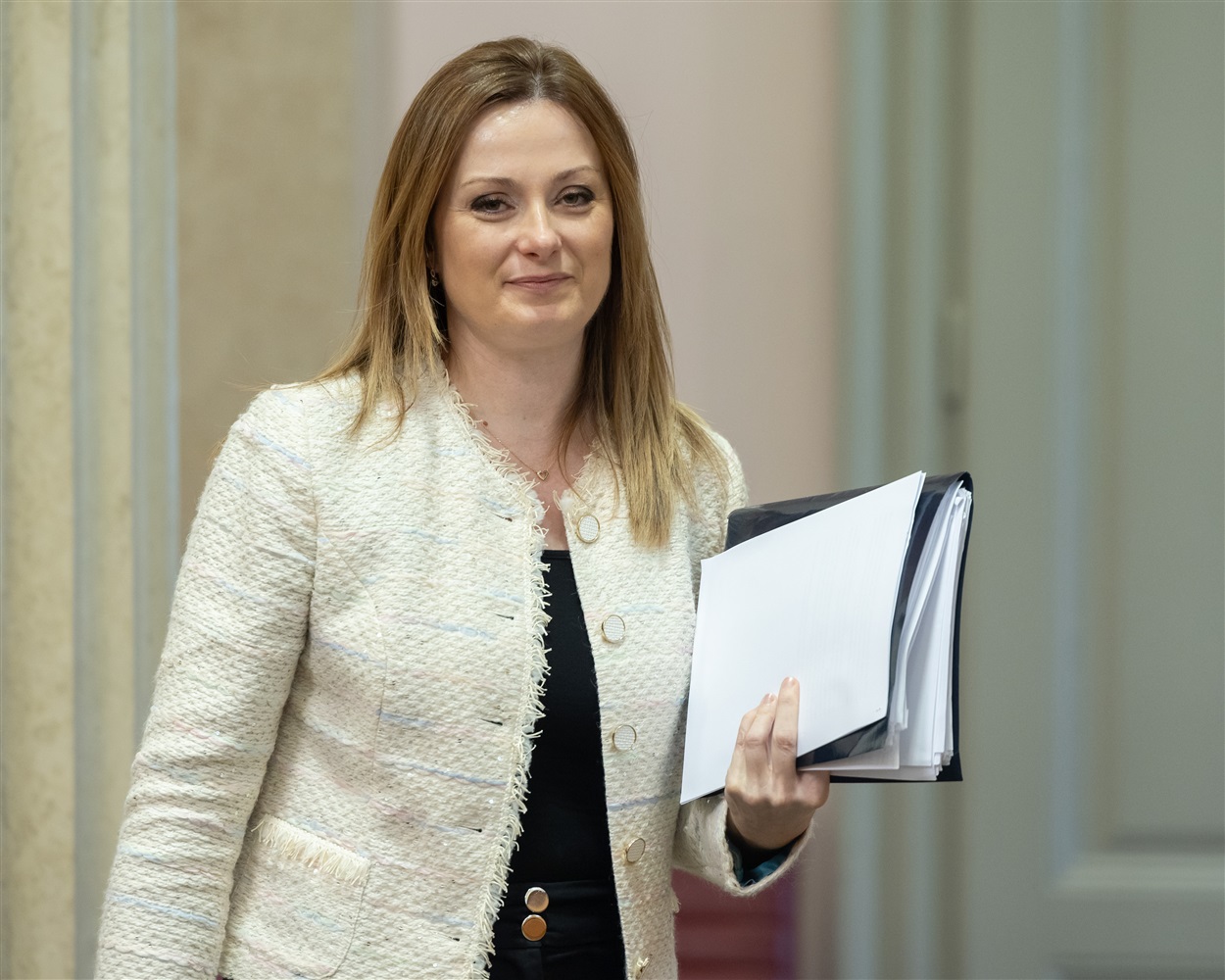
Zagreb - Željka Jozić of the Central State Office for Demography and Youth said on Thursday €9.6 billion would be spent to implement the Strategy for Demographic Revitalisation in the period until 2033, by which time Croatia would become a country offering favourable conditions for families and young people.
Presenting the document in the parliament, State Secretary Jozić said she expected that by 2033 Croatia would be a country of happy people living good lives.
The strategy has two goals - creating an encouraging environment for families and young people and a balanced mobility of the population, she said, noting that this can be achieved through financial and non-financial support, tax breaks, housing, investments in pre-school and school education, life-long learning and active ageing.
The strategy also focuses on reducing emigration, ensuring the return of people who have emigrated from Croatia, and the immigration of new population, as well as a more intensive cooperation with Croats outside Croatia, Jozić said.
The Opposition objected that the strategy does not contain concrete measures.
It does not offer solutions for housing issues, for free kindergartens, and the availability of homes for the elderly and infirm, said Natalija Martinčević (Reformists), while HSS MP Stjepan Kovač said the strategy contained too few specific measures.
Božo Petrov (Bridge) noted that experts have remarked that the strategy is a set of general strategic goals and lacked specific measures, adding that if demography is Croatia's biggest problem, then funds for dealing with demographic problems should be increased by a minimum one billion euros.
Marijan Pavliček (Croatian Sovereignists) proposed the introduction of the institute of stay-at-home parent for women at the national level, while Vesna Nađ (Social Democrats) proposed the introduction of the universal basic income for employees and unemployed persons to ensure their basic needs are covered.